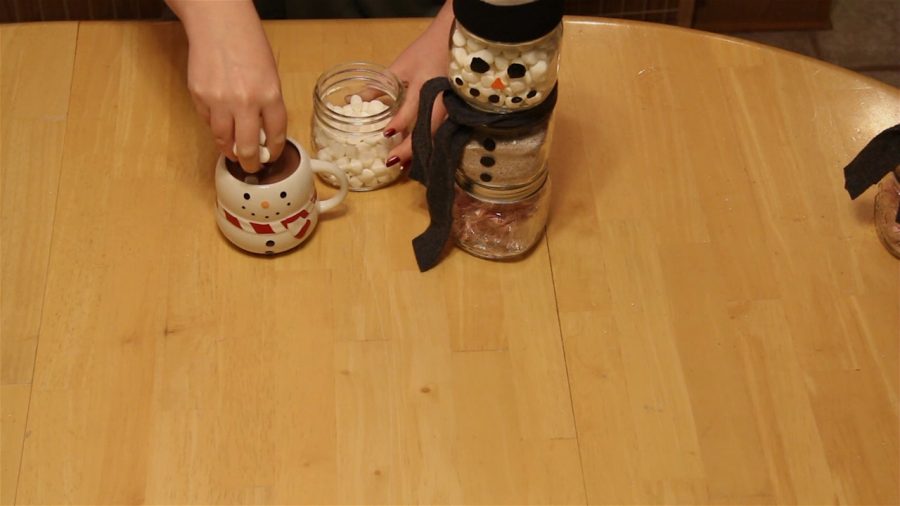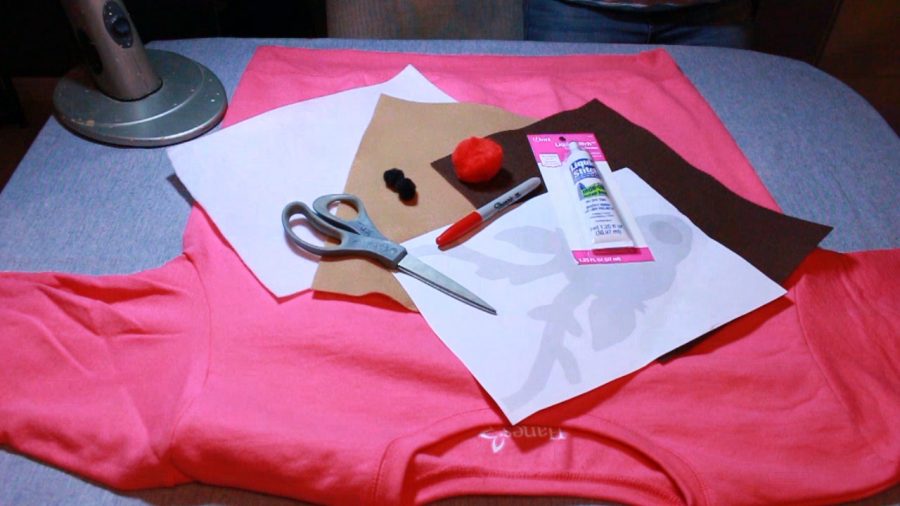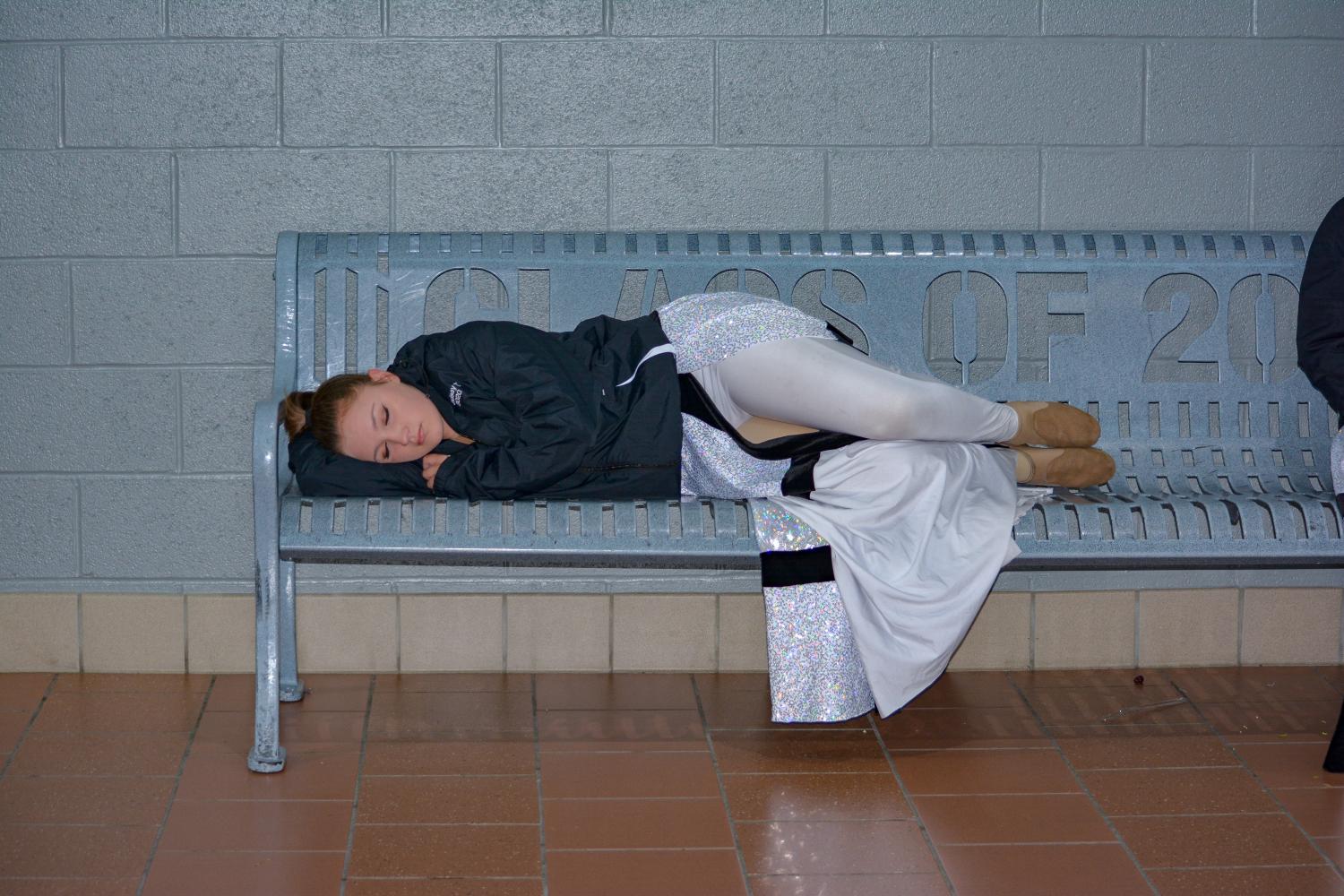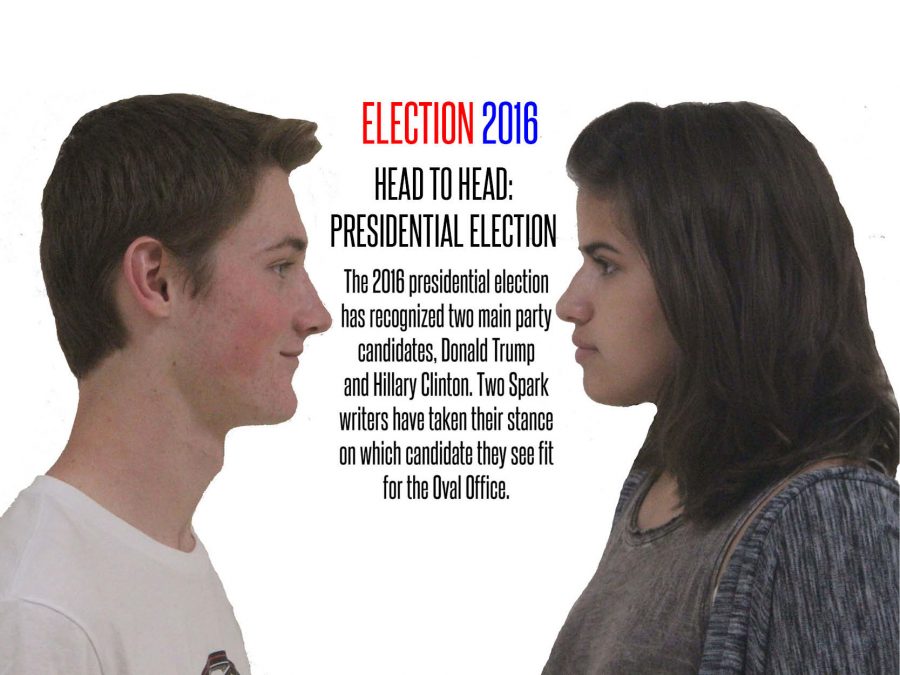In the 2022 Winter Olympics in Beijing, 15-year-old Russian figure skater Kamila Valieva finished a strong performance and skated off the ice crying, grabbing a stuffed animal from her coach. She finished in first place, according to NPR.
Unbeknownst to anyone at the time, she would not be competing again until December 2025. This is because she was suspended from international competition due to her use of trimetazidine (TMZ), a medication used to treat chest pain caused by reduced blood flow to the heart, as cited by WebMD.
TMZ was present in a sample from Valieva collected December 2021 and analyzed February 2022. This disqualifies her from all competitions she had participated in starting in December 2021, including the 2022 Winter Games.
The use of TMZ is commonly referred to as “doping,” it is a prohibited substance according to the World Anti-Doping Agency (WADA). They categorized it as a “hormone and metabolic modulator.” Increasing blood flow to the heart could increase the performance of the organ, increasing the performance of an athlete.
Valieva’s lawyer claimed she had unintentionally ingested TMZ, the medication belonged to her grandfather and she had been contaminated. Her legal team stated she took the heart medication by sipping from the same glass of water as her grandfather. According to cardiologist with Keck Medicine of the University of Southern California, that is unlikely, since the medication is usually taken as a pill.
This was met with large, harsh, public criticism, condemning Valieva for her lack of sportsmanship. But some say she should not bear all the blame, her team of adults— coaches and other officials—were responsible for making decisions for her. Former Olympic skater Adam Rippon criticized Valieva’s team, stating that he doubts she knowingly doped at 15 years old, and the adults on her team completely failed her.
This case prompted many to rethink the minimum age for figure skaters in the Olympics, which was 15 at the time, due to the need to protect minors. This age raise is needed to protect the physical and mental health of skaters. Older skaters are able to advocate for themselves, avoiding being in situations like Valieva. With the intense pressure that comes with figure skating, they would have an easier time protecting their emotional well-being.
Due to these concerns, the International Skating Union (ISU) voted to raise the minimum age from 15 to 17.
However, this also faced backlash, critics stating that if the athlete is best at 15, the minimum age being 17 unfairly penalizes them. Although most male skaters do not peak until early adulthood, female skater’s bodies mature faster, and young women usually perform best in their teen years.
The average age to win a medal in the Olympics for female figure skaters is 17-22, and most women retire in their early to mid 20s, according to AP News. However, young skaters often retire early due to injury and exhaustion, increasing the minimum age will also increase the longevity of the sport.
In 2018, snowboarder Chloe Kim, at 17, won a gold medal at the Pyeongchang Olympics. She said she struggled with the pressure and suffered from depression, and says now at 22 she has an easier time navigating attention and criticism.
27-year-old skater Natasha McKay is one of the oldest competitors in the field of Olympic women’s figure skaters, according to NPR. She said she got better with age, and did not get the jumps until she was much older.
With the higher minimum age, skaters would be able to have long, sustainable careers they can enjoy. A low minimum age fosters an athletic environment of peaking young, competing for a short amount of time, and retiring from burn-out.
All concerns are addressed perfectly by a question asked by ISU member Eric Radford, is a medal worth the life of a young athlete?









































































































